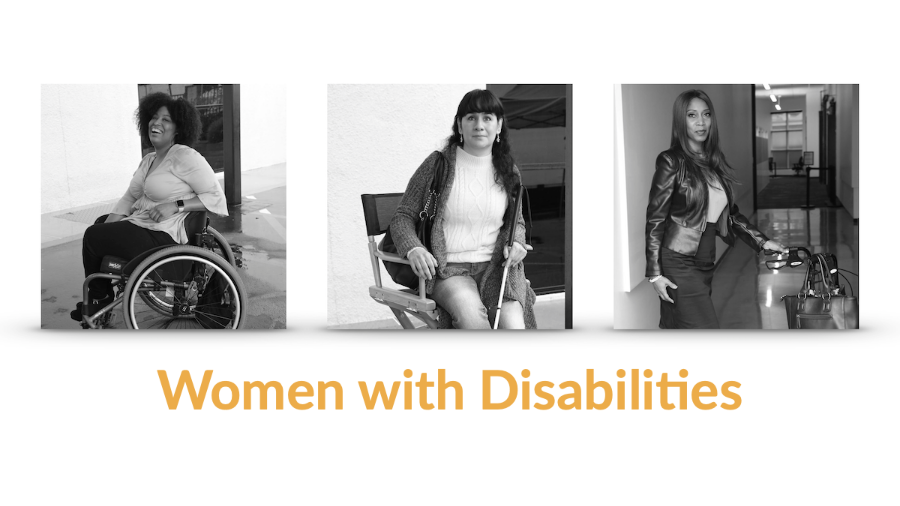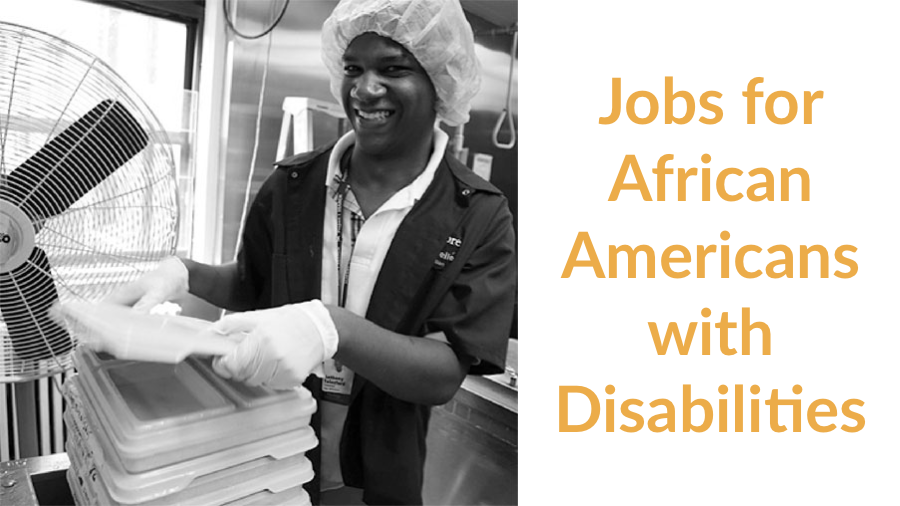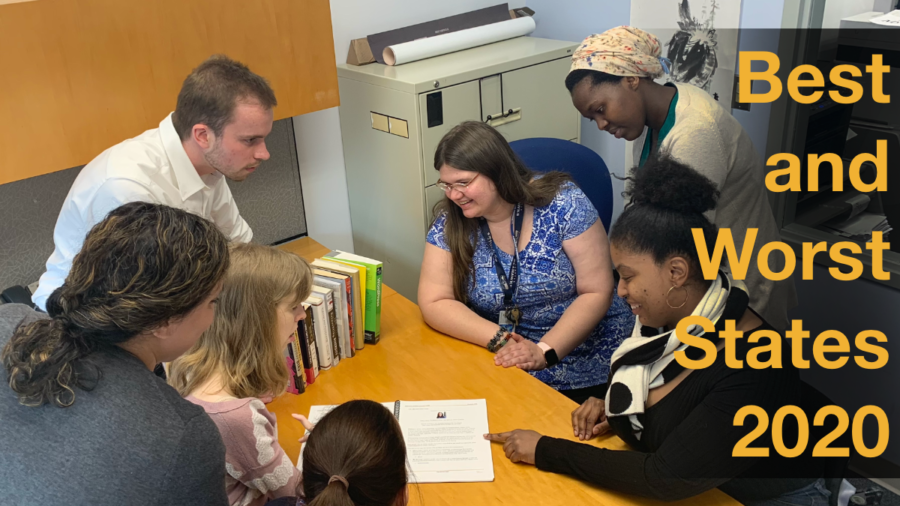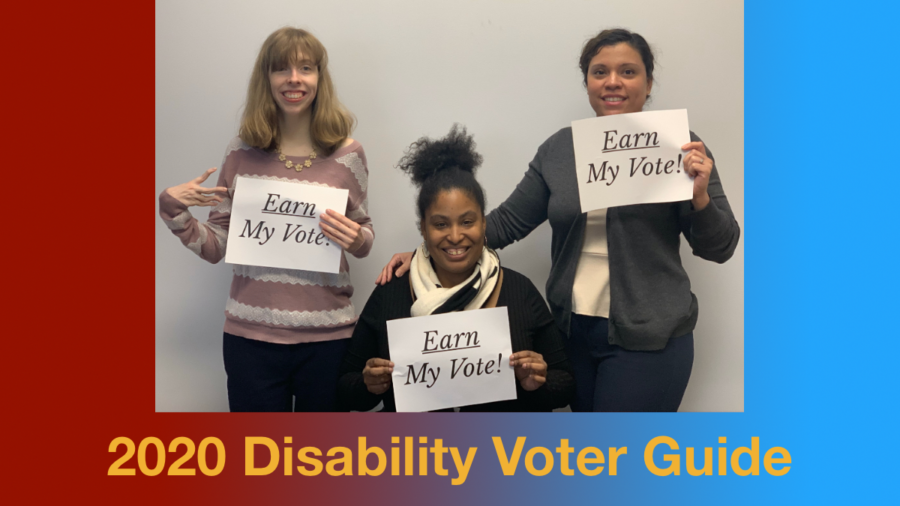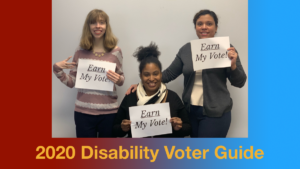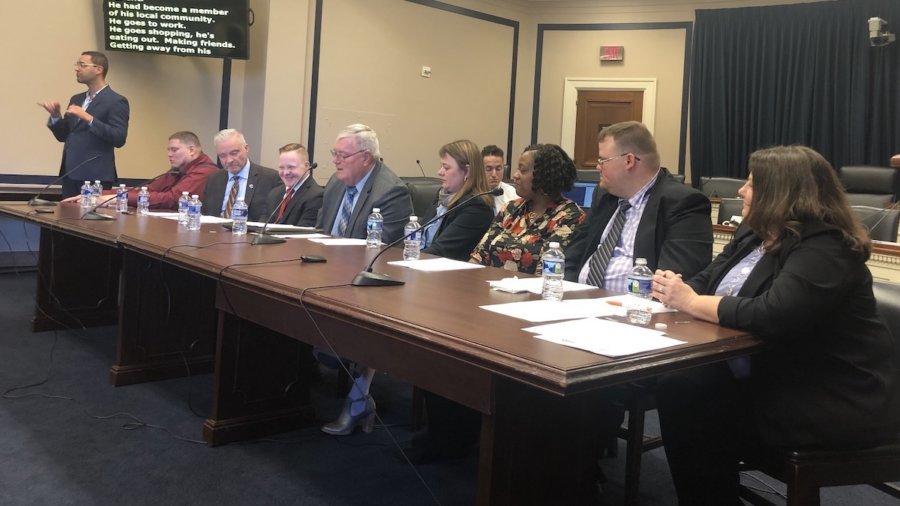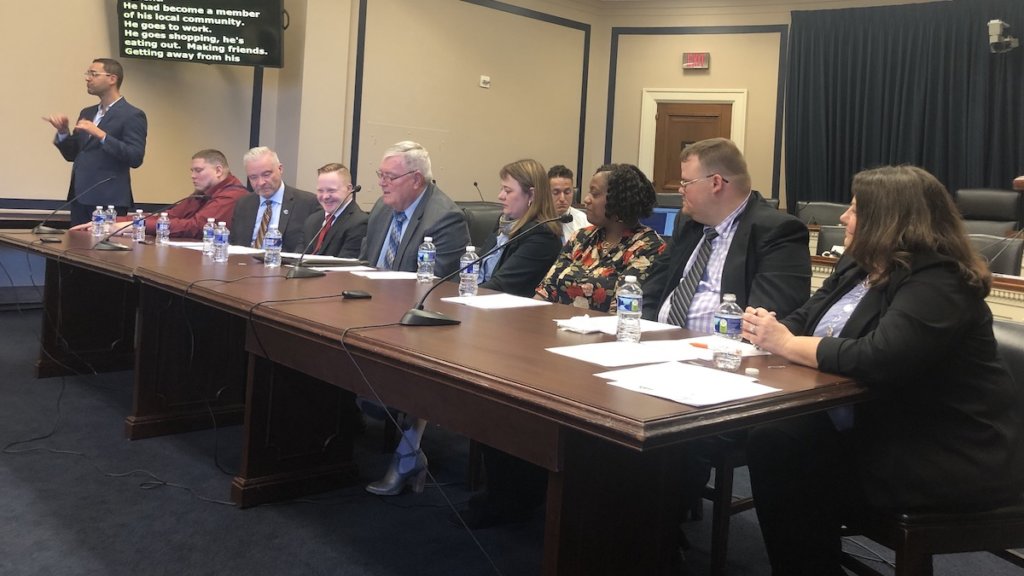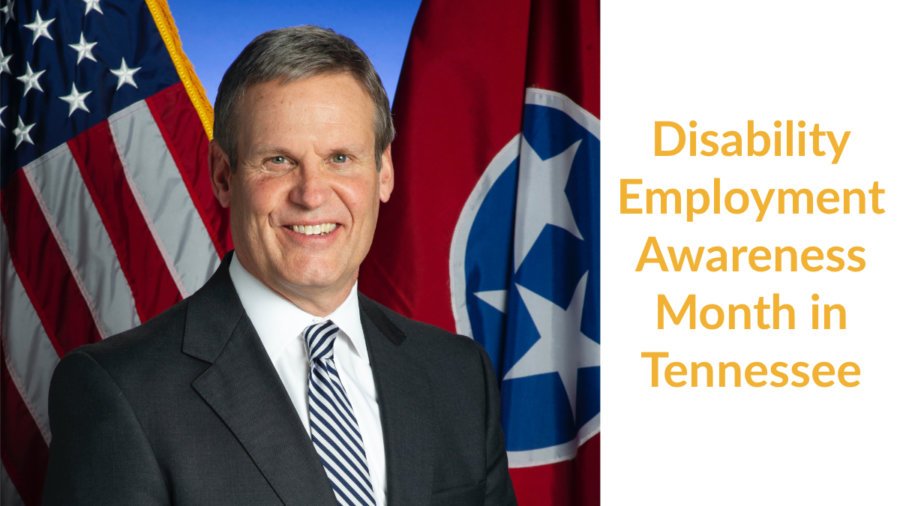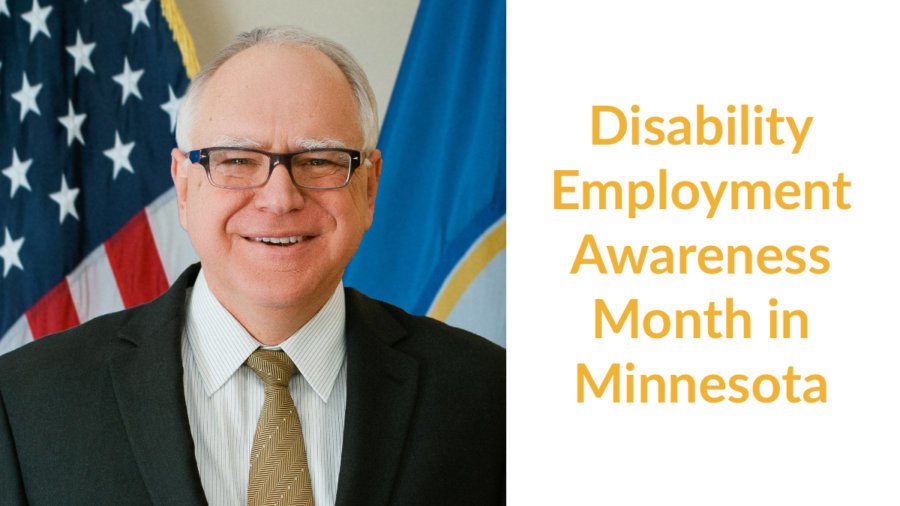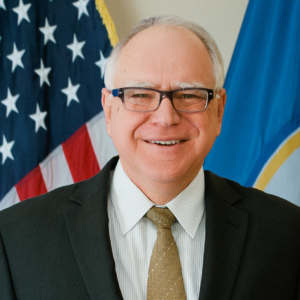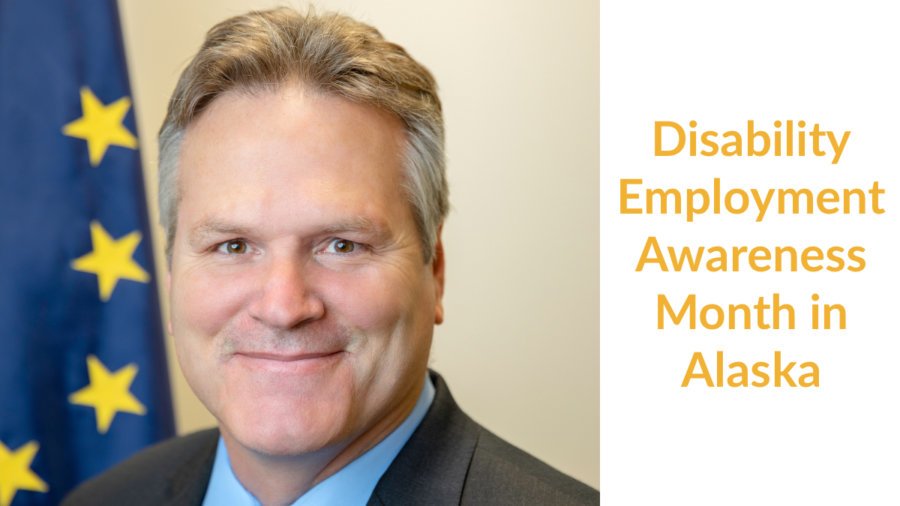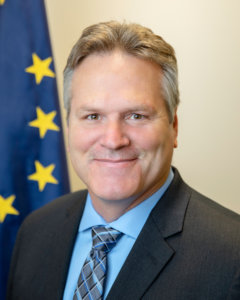 Washington, D.C., March 17 – As the COVID-19 outbreak turns the world upside down, it is critically important that the global response to this crisis include people with disabilities. More than 9 million Americans are especially at risk from potentially life-threatening impacts of the virus. Moreover, fully 1-in-5 people have a learning, mental health, physical, sensory or other disability. People can be born with a disability or acquire one due to an accident, aging, gun violence or during military service.
Washington, D.C., March 17 – As the COVID-19 outbreak turns the world upside down, it is critically important that the global response to this crisis include people with disabilities. More than 9 million Americans are especially at risk from potentially life-threatening impacts of the virus. Moreover, fully 1-in-5 people have a learning, mental health, physical, sensory or other disability. People can be born with a disability or acquire one due to an accident, aging, gun violence or during military service.
People with disabilities are uniquely vulnerable to the disruptive consequences of COVID-19. Whether we are talking about issues of food insecurity, access to healthcare/testing, switching to telework, or life-or-death medical decisions, people with disabilities are deeply impacted by these events. This crisis demands leadership at every level of government, every sector of civil society and from the disability community itself.
Because this is a rapidly evolving situation, RespectAbility is closely monitoring developments and collecting new resources to help impacted communities. At present, there are several critical action steps that we want to see taken to address COVID-19’s impact on people with disabilities: [continue reading…]




